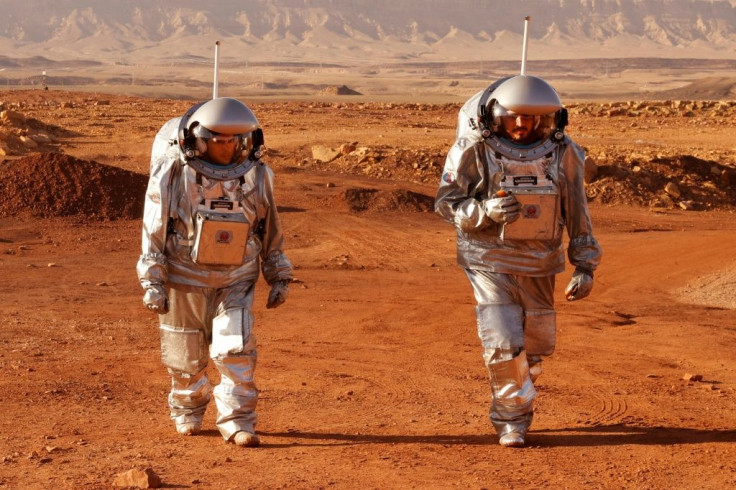Deep Space Food Challenge: NASA Offering 1 Million For Solutions To Feed Future Astronauts
KEY POINTS
- Phase 2 of the Deep Space Food Challenge is now open
- The challenge is looking for innovative food systems for future long-term missions
- International teams may also take part in the challenge
It's time for innovative minds to shine yet again, as NASA is asking for ideas on how to feed future astronauts on long-duration missions. Some eligible teams may even win a part of the $1 million prize purse.
As space agencies are working toward deeper space travel, they have some important factors to take into consideration for such long-duration missions. One of these is food. As NASA explained in a news release Thursday, bringing pre-packed foods for missions that take several years may not supply the astronauts' nutritional needs. This is because food tends to lose its nutritional value over time.
Now, NASA and the Canadian Space Agency (CSA) are calling on members of the public to participate in Phase 2 of the Deep Space Food Challenge, which invites teams to "help bring innovative food production technologies to space and here on Earth."
Phase 1 of the challenge was completed in 2021, wherein 18 winning teams were awarded a total of $450,000 for concepts on how to produce "safe, acceptable, palatable, nutritious food" while also minimizing the "necessary resource inputs," NASA noted.
The winning teams proposed a variety of innovative systems, from creating bite-sized snacks from fast-growing microalgae to a system that would allow astronauts to make bread in space.
For Phase 2, both new and existing teams are invited to actually build prototypes of the designs and showcase them at a "kitchen-level demonstration."
What's cookin'? Seriously, we want to know.
— NASA (@NASA) January 20, 2022
Phase 2 of the Deep Space Food Challenge offers up to $1 million to teams who demonstrate food production technology for future long-term space missions, potentially benefitting people on Earth. Ready? Sign up: https://t.co/SYr3lbqkVq pic.twitter.com/zIBnnuAdKp
Teams from the U.S. are eligible to compete for a part of the prize purse of up to $1 million. Qualified teams from other countries are also welcome to join, although they will not be eligible for the monetary prizes.
Phase 2 registration for eligible teams will close on Feb. 28. Winners will be announced by March 2023.
"Feeding astronauts over long periods within the constraints of space travel will require innovative solutions," Jim Reuter, the associate administrator for NASA's Space Technology Mission Directorate, said in the NASA news release. "Pushing the boundaries of food technology will keep future explorers healthy and could even help feed people here at home."
On Earth, such innovative systems may also be useful in various ways. For instance, they could help address food insecurity that many places are still experiencing, and also provide assistance when disasters impact food supply chains and cause shortages.
"Our focus is on providing future space explorers and people on Earth nutritious foods they will enjoy," the Methuselah Foundation, the administrator of the Challenge, said.

© Copyright IBTimes 2024. All rights reserved.






















